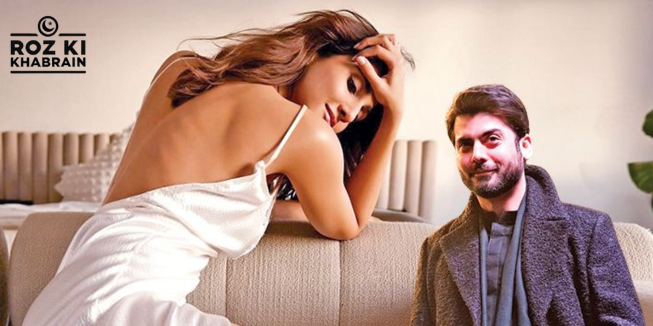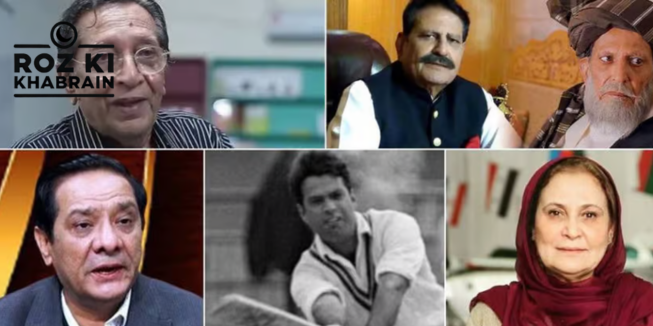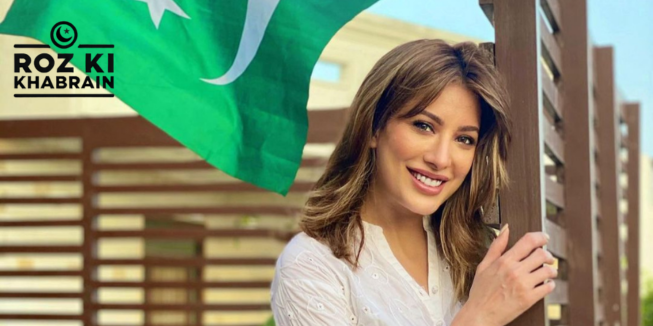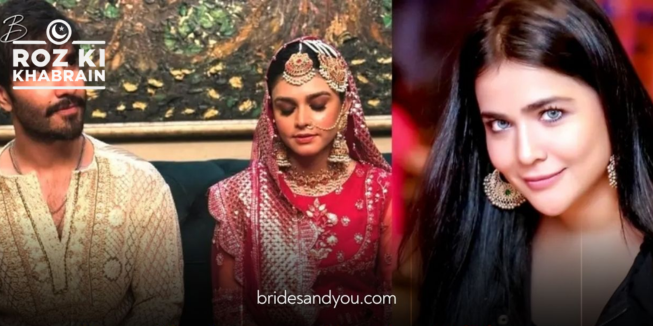Fawad Khan and Bollywood actress Vaani Kapoor have begun filming their romantic comedy Abir Gulaal in and around London, confirming ongoing rumors about Khan’s return to Bollywood, as reported exclusively by Variety.
Directed by Aarti S Bagdi (known for Chalti Rahe Zindagi), the film is produced by Indian Stories, A Richer Lens, and Aarjay Pictures, with producers Vivek B Agrawal, Avantika Hari, and Rakesh Sippy. The filming is set to continue in the UK throughout October and November.
“The film explores the journey of two individuals who unintentionally help each other heal, with love blossoming as an unexpected consequence,” Bagdi explained to Variety.
The producers of Abir Gulaal stated, “Fawad has a massive global fan base, and we expect that audiences and his fans will warmly embrace this film, as it showcases him in his most endearing role yet. The chemistry between Fawad and Vaani is anticipated to light up the screen with their captivating performances and undeniable charm.”
Earlier reports suggested that Khan would make his return to the Indian film industry alongside Kapoor and Ridhi Dogra, with a cameo in Kartik Aaryan’s highly-anticipated comedy horror film Bhool Bhulaiyaa 3. However, Abir Gulaal is currently his only confirmed project in India.
Khan’s last appearance in a Bollywood film was in Karan Johar’s 2016 romantic drama Ae Dil Hai Mushkil, alongside Ranbir Kapoor and Anushka Sharma.
Khan’s return is particularly noteworthy due to the total ban on Pakistani actors and artists in India announced by the All Indian Cine Workers Association in 2019 following the Pulwama attacks. This followed a similar “ban” by the Indian Motion Picture Producers Association in 2016 due to tensions between the two countries.
Last year, the Bombay High Court dismissed a petition seeking a ban on Indian citizens, companies, and associations from engaging Pakistani artists. According to Dawn, the division bench stated that the petition represented a “retrograde step in promoting cultural harmony, unity, and peace, and has no merit.”
After the high court’s dismissal, the petitioner approached the Indian Supreme Court, which also rejected the plea and advised against being narrow-minded on the issue, as reported by Scroll.




